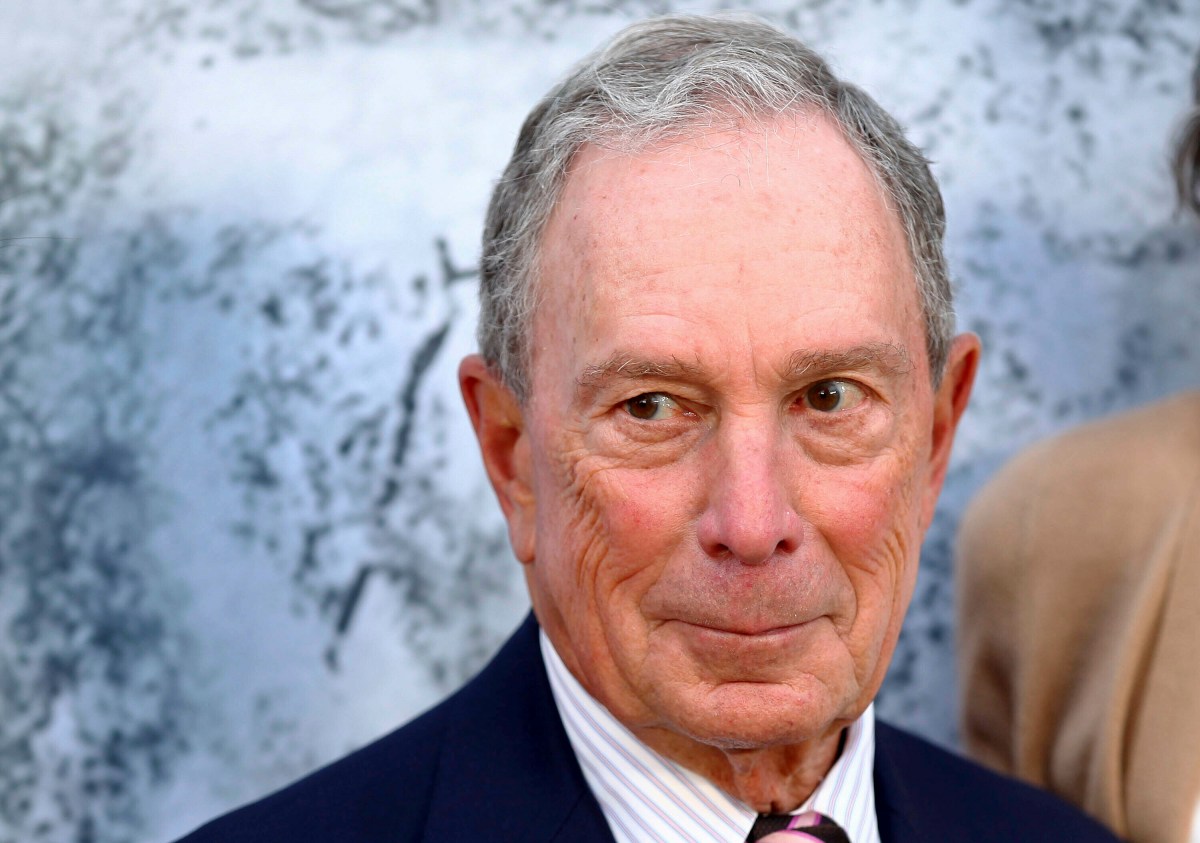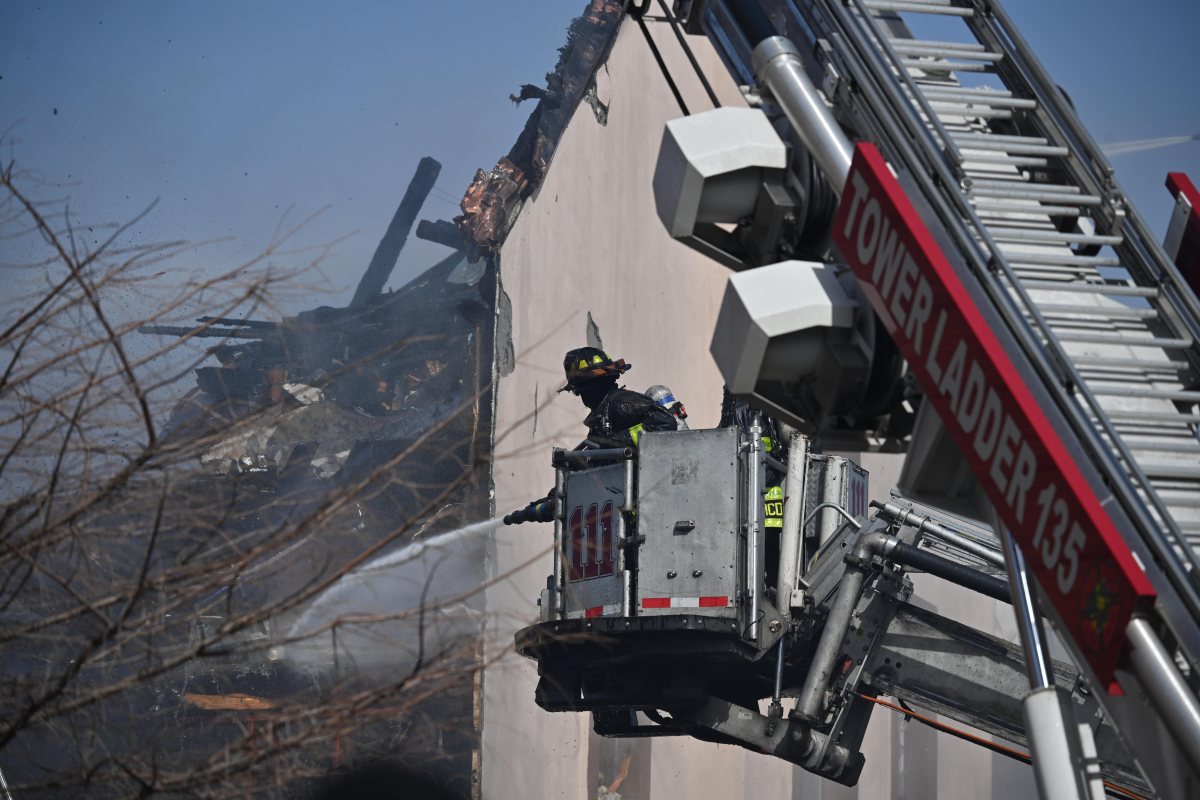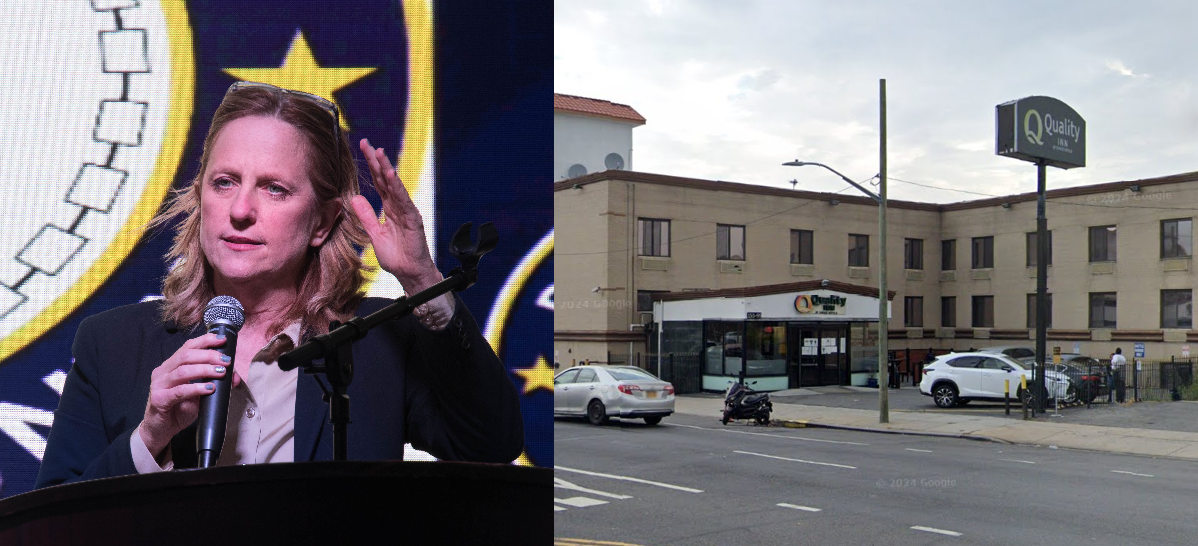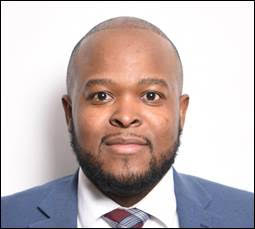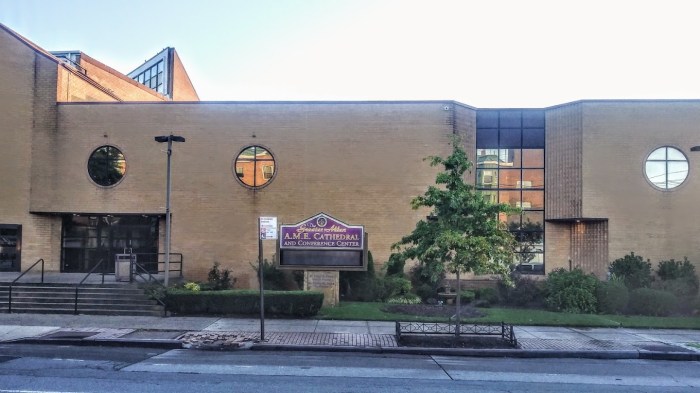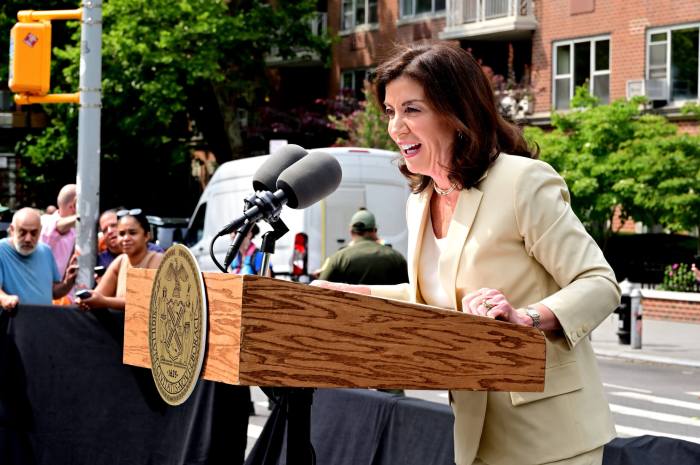Former Mayor Michael Bloomberg, as he reportedly mulls a presidential run, publicly apologized on Sunday in Brooklyn for his stop-and-frisk law enforcement policy.
“I got something important really wrong. I didn’t understand back then the full impact that stops were having on the black and Latino communities, I was totally focused on saving lives. But as we know, good intentions aren’t enough,” Bloomberg said. “I now see that we could and should have acted faster to cut the stops, I wish we had and I’m sorry that we didn’t. But I can’t change history. However, I want you to know that I realize back then I was wrong and I’m sorry.”
Michael Bloomberg apologizes for 'stop-and-frisk': "I was wrong, and I'm sorry." https://t.co/wTrwFK8exS pic.twitter.com/6FqjVpLZJO
— The Hill (@thehill) November 17, 2019
But the apology, issued at Christian Cultural Center in Brooklyn, received a mixed reception afterward from many elected officials, organizations and activists.
Pat Lynch, the president of the Police Benevolent Association, blasted the apology claiming Bloomberg could have avoided the legacy of stop-and-frisk had he only listened to NYPD during his tenure.
“Mayor Bloomberg could have saved himself this apology if he had just listened to the police officers on the street,” Lynch said. “We said in the early 2000s that the quota-driven emphasis on street stops was polluting the relationship between cops and our communities. His administration’s misguided policy inspired an anti-police movement that has made cops the target of hatred and violence, and stripped away many of the tools we had used to keep New Yorkers safe. The apology is too little, too late.”
Make the Road Action co-executive director Javier Valdés made the same “too little, too late” point in reminding that stop-and-frisk was not only deemed unconstitutional, but Bloomberg was also still in support of the practice until very recently.
“As our city’s top official, Bloomberg had the power to end racially bias based stops and broken windows policing. He did not. In fact, he fought tooth and nail to preserve stop-and-frisk policing even after a federal judge ruled it unconstitutional,” Valdés said. “He was also defending the practice, which terrorized our communities, as recently as last year. Our members know the catastrophic impact of Bloomberg’s policies on our communities, and we will not forget anytime soon.”
Brooklyn Borough President Eric Adams came to Bloomberg’s defense at a press conference Sunday afternoon. He said he believed the former mayor was indeed remorseful in implementing the policy, which Adams, a former NYPD captain, argued had potential for success.
“Not only did I use the tool of stop-and-frisk successfully, I saw the abuse of stop-and-frisk carried out everyday,” Adams said. “I don’t believe he shifted his opinion when he decided to run for president, if that’s his decision to do so … I accept his apology because if I don’t accept his apology, then it’s only a matter of time when it’s the moment for me to apologize. I will have to relive those words that I’m not accepting his apology.”
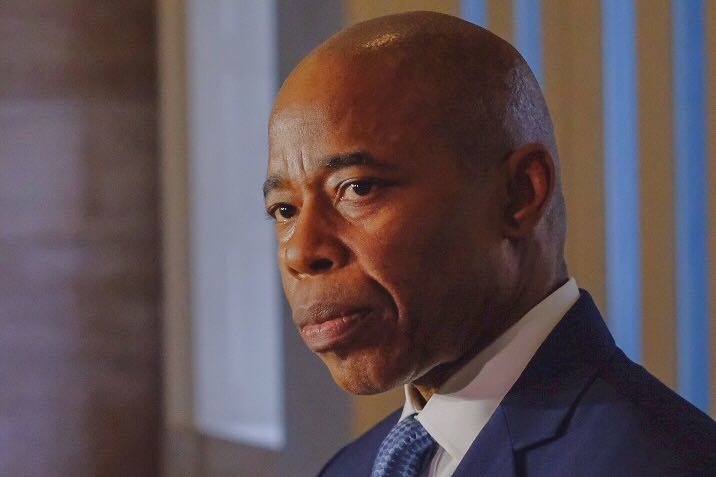
Adams did not directly address questions from reporters about Bloomberg’s most defense of stop-and-frisk as recent as January 2019.
Reverend Al Sharpton of the National Action Network was less critical, calling Bloomberg’s mea culpa a start for a former lawmaker so closely associated with a policy many viewed as discriminatory in nature.
“[Bloomberg] called me after his speech and I communicated to him that it will take more than one speech for people to forgive and forget a policy that so negatively impacted entire communities,” Sharpton said. “However, I’m glad to see his position vocalized at a time when President Trump is calling for stop-and-frisk nationally and I’m glad this position is being taken by someone so identified with the policy.”
Public Advocate Jumaane Williams suggested a better approach for Bloomberg as he heads into the presidential race: Promoting restorative justice in black and brown communities impacted by the policy.
“Forgive many of us for questioning apologies a decade late and on the eve of a presidential run. It is not nearly enough to erase the legacy of the systemic abuses of stop, question, and frisk on the people whose lives were harmed by over-policing, nor the communities criminalized by it,” Williams said.



